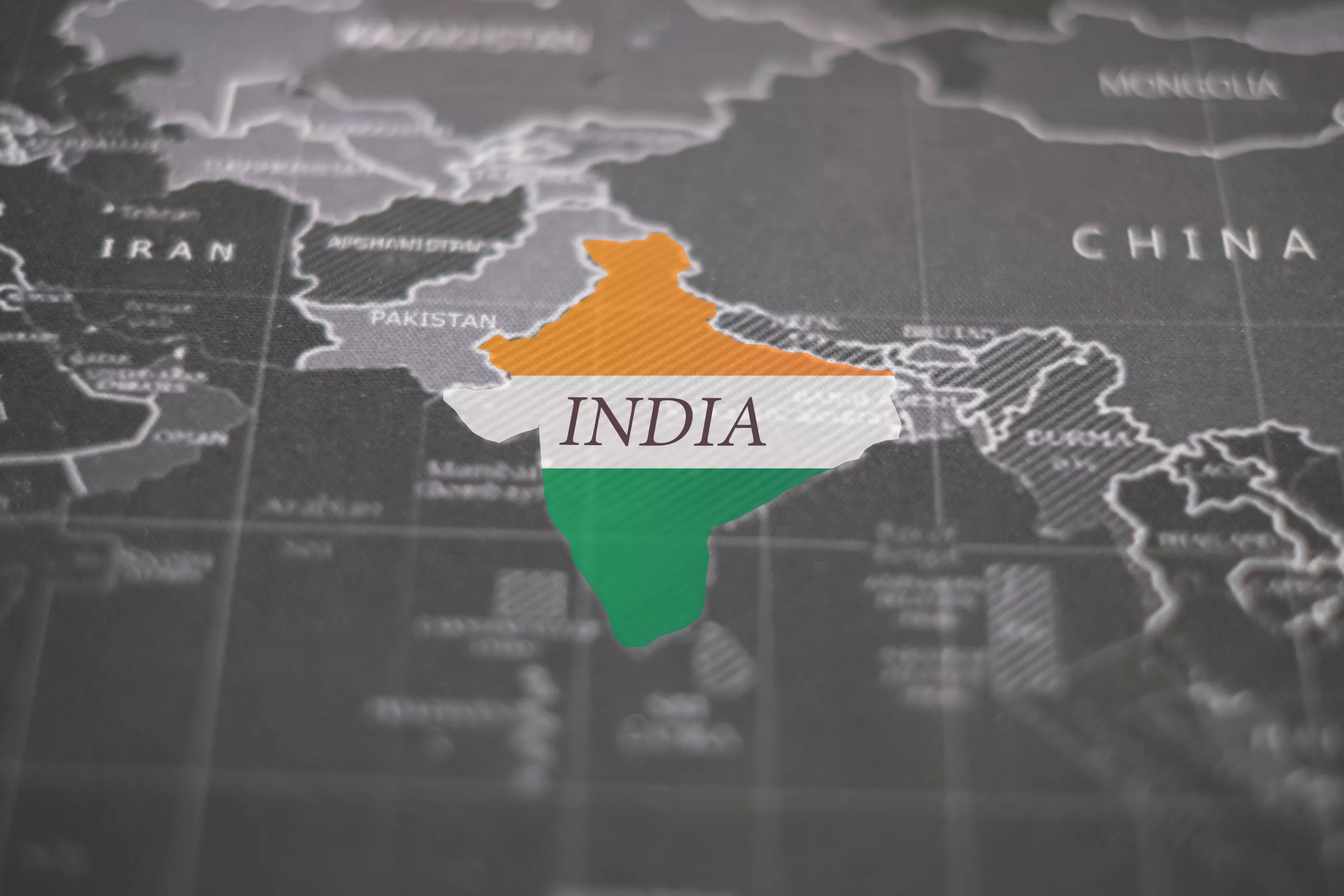Recently, the Asia Scotland Institute had the honour of attending an event with His Excellency Mr. Vikram K Doraiswami, the High Commissioner of India to the UK, at a lecture given in the Old College at the University of Edinburgh. Mr. Doraiswami shared the inspirational story of India’s rise to global power, and of his own parallel career in the Indian Foreign Service, during which he has served in Beijing, Hong Kong, New York, Johannesburg, Seoul and Bangladesh before coming to London in September 2022.
In past decades, China’s phenomenal rise has attracted a lot of attention from business, academia and politics. However, India is quickly catching up, and it is becoming a major player, particularly in Asia. Poverty has been massively reduced, and millions of Indians have entered the global middle class. The driving force behind this acceleration and transformation is the many young Indians striving for better lives and challenging the status quo. Change, Mr. Doraiswami says, is ‘tangible’.
The rise of democracy
Improved living conditions in India have developed the country’s democracy, which is now the most unifying feature of a multi-ethnic, multi-religious society. Playing by fair and clear rules has meant that India has consistently embraced the peaceful transfer of power, and objective selection for state positions through standardised, meritocratic exams. Better and more comprehensive education in the country has recently been reflected in a move towards higher rural participation in the civil service and military. The introduction of electronic voting machines in 2003 links the evolution of the Indian democratic system to the successful embrace of transformative technological solutions in India.
The rise of technology
The recent digitisation of services has transformed Indian society. In August alone, 10.8 billion digital financial transactions were made in India – the largest number in any country by far. This drives consumption, and makes it easier to save, budget and spend. Even though technology has so far been used as an enabler rather than a tool for exclusion, Mr. Doraiswami admits that the country is experiencing a dramatic shortage of skilled professionals. This talent gap is caused by a massive brain drain. So many have left the country that the Indian diaspora, at 18 million, is the world’s largest.
Why India and the UK matter to each other
Today, the relationship between the UK and India is much more equitable than it was before; indeed, India may well matter more to the UK than vice versa. The UK’s post-Brexit ‘Global Britain’ strategy requires strong strategic and trade partners. India, as a major power in Asia and counterbalance to China, is a partner that the UK urgently needs.
The ongoing shifts in the world order requires the UK to uphold good relations with the biggest democracy in the world. Crucially, despite the assumption that Britain’s colonial heritage has left it with a strong institutional knowledge of India, this is not the case, according to Mr. Doraiswami. It certainly doesn’t seem this way in India today: institutional knowledge, in both government and the private sector, appears to have been reduced. The UK’s approach to India will need to be rethought and rebuilt to a newly equal level through bilateral partnerships and new scholarship.
- Vegas Von Vogelstein
- Vegas Von Vogelstein
- Vegas Von Vogelstein







